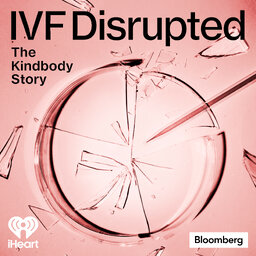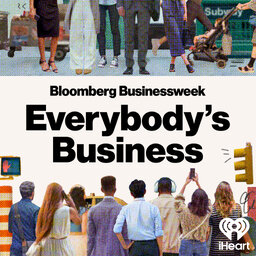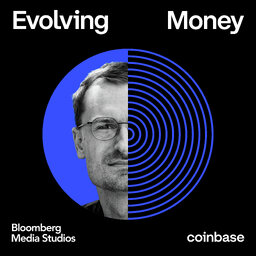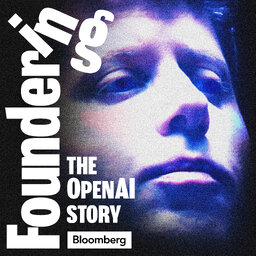Amazon Part 7: The Final Frontier
It was the end of an era. Jeff Bezos announced he was leaving the CEO role at Amazon and becoming executive chairman. But as one epic business story was ending, another was beginning. His handpicked successor, Andy Jassy, would have to defuse the company’s mounting confrontations with regulators and employees, including a rising labor union at a Staten Island warehouse.
Reporter Brad Stone chronicles what happened when Jeff Bezos’s feet left the ground – literally. One of the world’s wealthiest people wanted to spend more time on space travel, philanthropy, and a life of peripatetic indulgence with his new partner, Lauren Sanchez. But with pressing problems facing his company – and the planet – how serious is Bezos about deploying his vast resources and keen intellect to solving real problems? And 30 years after he started Amazon in a Seattle area garage, what will be Bezos and Amazon’s lasting legacy?
In 1 playlist(s)
Foundering
Foundering is an award-winning, serialized podcast from the journalists at Bloomberg Technology. Eac…Social links
Follow podcast
Recent clips

Introducing IVF Disrupted: The Kindbody Story
01:36

Introducing: Everybody's Business
01:27

Evolving Money: Rebuilding the Creator Economy (Sponsored Content)
18:29
 Foundering
Foundering